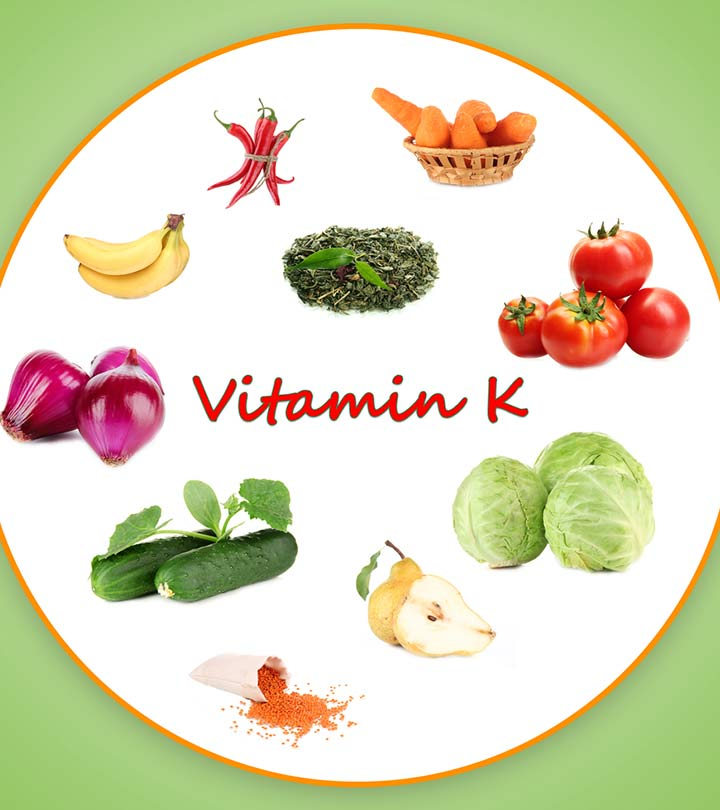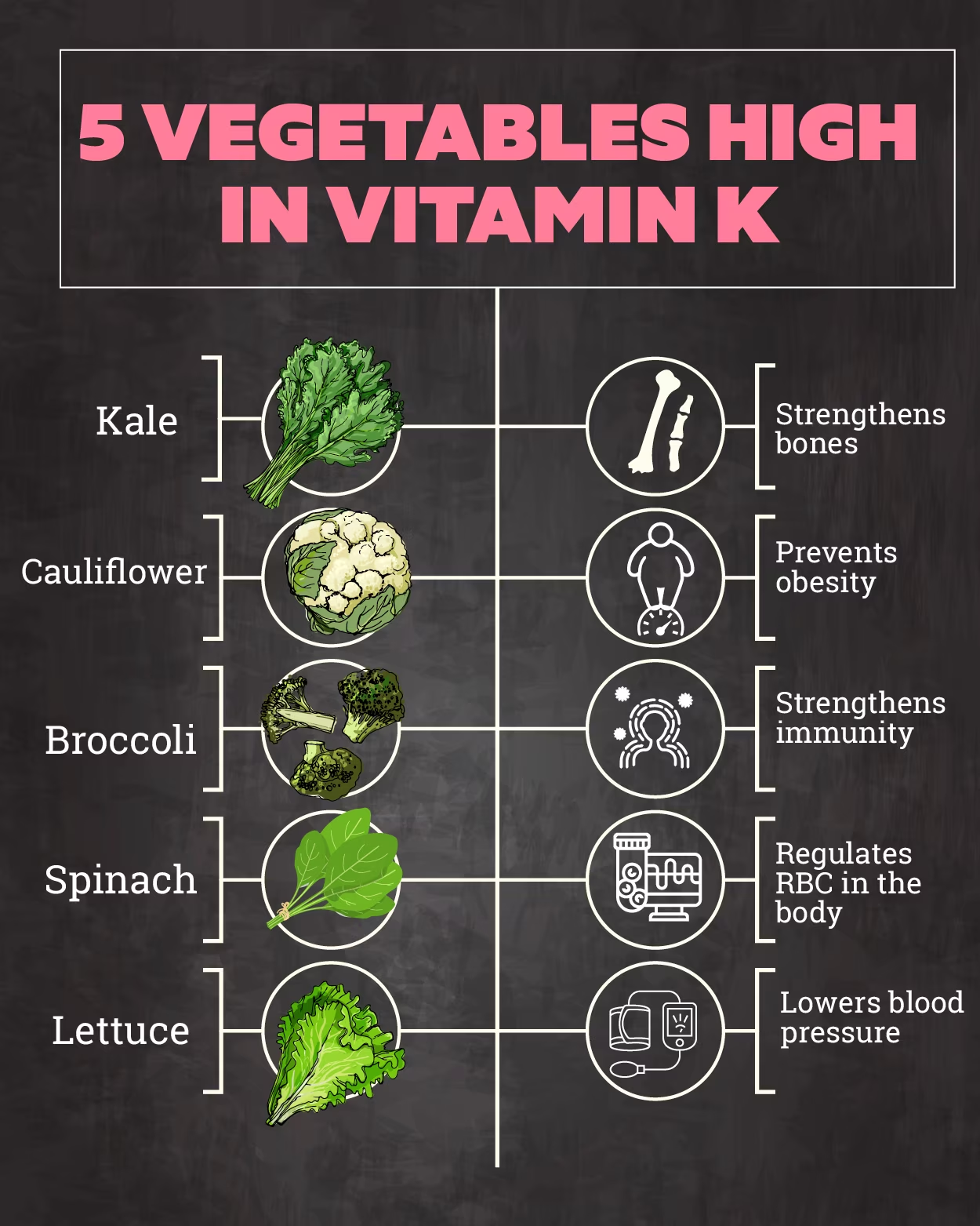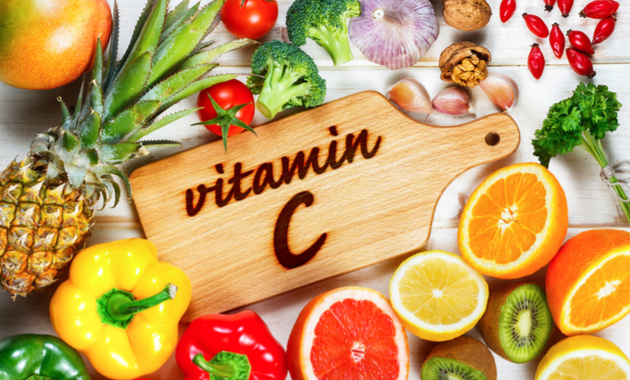SIDE EFFECT OF VITAMIN K
SIDE EFFECT OF VITAMIN K
Vitamin K is generally considered safe when consumed in recommended amounts. However, high doses of vitamin K supplements or injections can cause some side effects, including:
1. Allergic reactions: Some people may be allergic to vitamin K supplements, leading to skin rash, itching, and difficulty breathing.
2. Blood clots: Excessive intake of vitamin K can lead to the formation of blood clots, which can be dangerous, especially for people with a history of heart disease or stroke.
3. Interference with blood-thinning medications: Vitamin K can interfere with the action of blood-thinning medications such as warfarin, and therefore, people on such medications should avoid taking high doses of vitamin K supplements.
4. Digestive upset: Some people may experience digestive symptoms such as nausea, vomiting, and diarrhea when taking high doses of vitamin K supplements.
It is important to note that most people get enough vitamin K from their diets, and deficiencies are rare. If you are considering taking vitamin K supplements, it is always best to consult with your healthcare provider first to avoid any potential side effects or interactions with other medications.|
WHAT IS VITAMIN K???????
Vitamin K is a fat-soluble vitamin that plays an essential role in blood clotting and bone metabolism. There are two main forms of vitamin K: vitamin K1 (phylloquinone) and vitamin K2 (menaquinone).
Vitamin K1 is found mainly in green leafy vegetables, such as kale, spinach, and broccoli, as well as in some vegetable oils. It is the primary dietary source of vitamin K for most people.
Vitamin K2 is produced by bacteria in the gut and is also found in some animal-based foods, such as liver, egg yolks, and fermented foods like cheese and natto.
The main function of vitamin K is to activate proteins involved in blood clotting. Without vitamin K, our bodies would not be able to form blood clots, and we would be at risk of bleeding to death from even minor injuries.
In addition to its role in blood clotting, vitamin K is also important for bone health. It helps to activate proteins that are involved in building and maintaining strong bones, and a deficiency in vitamin K can lead to an increased risk of osteoporosis and fractures.
Most people get enough vitamin K from their diets, and deficiencies are rare. However, certain medical conditions or medications can interfere with vitamin K absorption or use, leading to a deficiency. If you are concerned about your vitamin K levels, it is important to talk to your healthcare provider.
TYPES OF VITAMIN K?
There are two main types of vitamin K: vitamin K1 (phylloquinone) and vitamin K2 (menaquinone).
Vitamin K1 is found in green leafy vegetables and is the primary dietary source of vitamin K. It is responsible for blood clotting and is commonly used to treat bleeding disorders. Vitamin K1 is also important for bone health and may reduce the risk of fractures.
Vitamin K2 is produced by bacteria in the gut and is also found in some animal-based foods. It is involved in bone metabolism and may reduce the risk of osteoporosis. Vitamin K2 has several subtypes, including menaquinone-4 and menaquinone-7, which differ in their chemical structure and bioavailability.
While both forms of vitamin K are important for health, they have different roles in the body. Vitamin K1 is primarily involved in blood clotting, while vitamin K2 is primarily involved in bone metabolism. It is important to consume adequate amounts of both types of vitamin K to maintain overall health.
SOURCES OF VITAMIN K
There are two main forms of vitamin K: vitamin K1 (phylloquinone) and vitamin K2 (menaquinone). Here are some sources of each:
Sources of Vitamin K1:
- Leafy green vegetables such as kale, spinach, collard greens, and parsley
- Cruciferous vegetables such as broccoli, Brussels sprouts, and cabbage
- Some fruits such as kiwi fruit and avocado
- Vegetable oils such as soybean, canola, and olive oil
Sources of Vitamin K2:
- Fermented foods such as natto, sauerkraut, and kimchi
- Cheese, particularly hard and soft cheeses such as Gouda, cheddar, and brie
- Meat, particularly organ meats such as liver and chicken
- Eggs
- Some fish such as salmon and tuna
The recommended daily intake of vitamin K varies depending on age, sex, and other factors, but in general, adults need around 90-120 micrograms per day. Most people can easily meet their vitamin K needs through a balanced diet that includes a variety of fruits, vegetables, and other foods.
DISEASE DUE TO EXCESS VITAMIN K
Excess intake of vitamin K from supplements or injections is rare, and most people get enough vitamin K from their diet without the need for supplementation. However, consuming very high doses of vitamin K supplements or injections can lead to a condition called vitamin K toxicity or hypervitaminosis K.
Symptoms of vitamin K toxicity include:
1. Nausea and vomiting
2. Diarrhea
3. Sweating
4. Palpitations
5. Jaundice
6. Liver damage
7. Low blood pressure
In rare cases, excessive intake of vitamin K can cause blood clots and increase the risk of heart attack and stroke. This is especially true for people taking blood-thinning medications such as warfarin, as vitamin K can interfere with their effectiveness.
It's important to note that vitamin K toxicity is very rare and typically only occurs with excessive supplementation or injection. Most people can safely consume vitamin K from dietary sources without any negative health effects. If you're considering taking vitamin K supplements, it's always best to consult with your healthcare provider first to avoid any potential side effects or interactions with other medications.
TO KNOW MORE CLICK BELOW LINK











Comments
Post a Comment